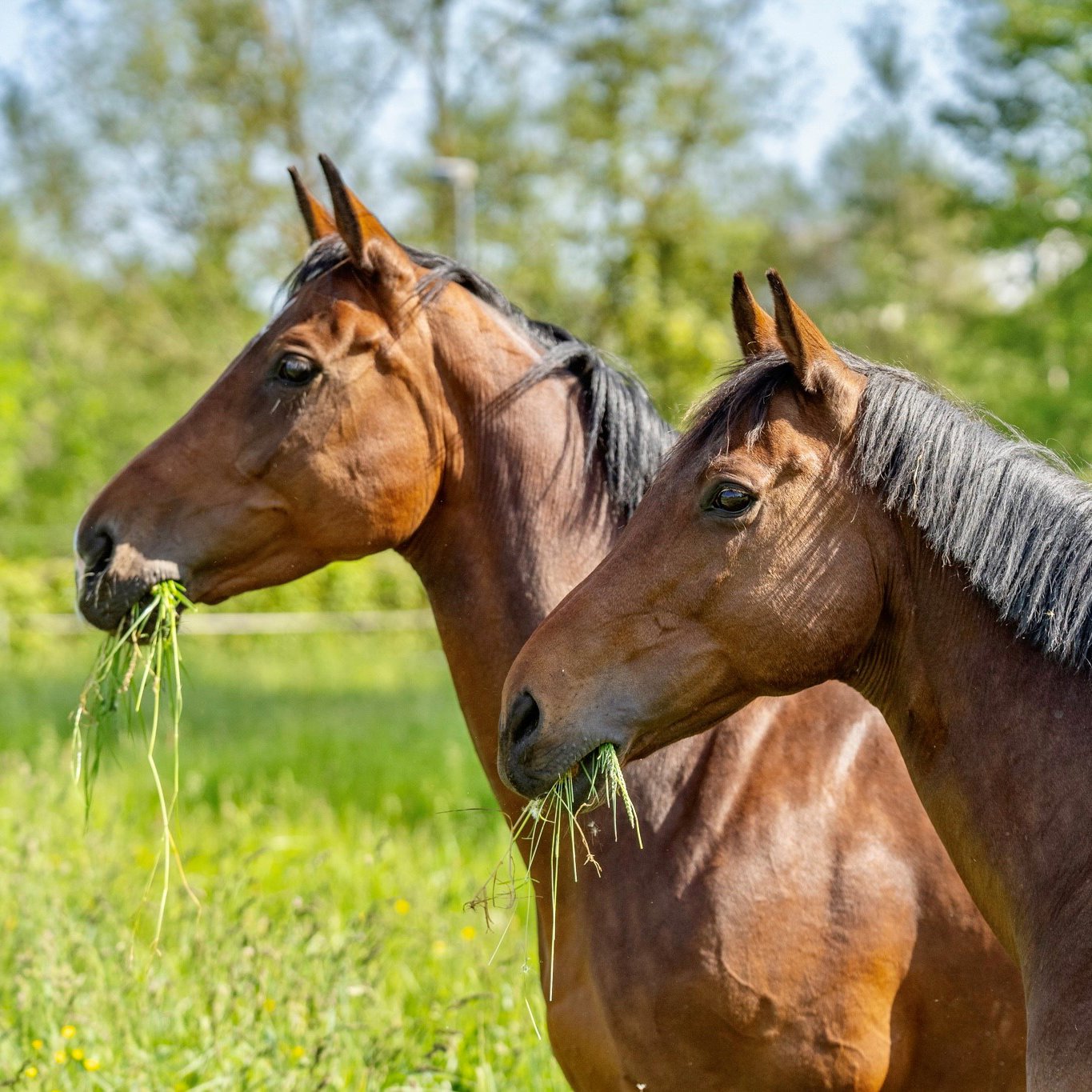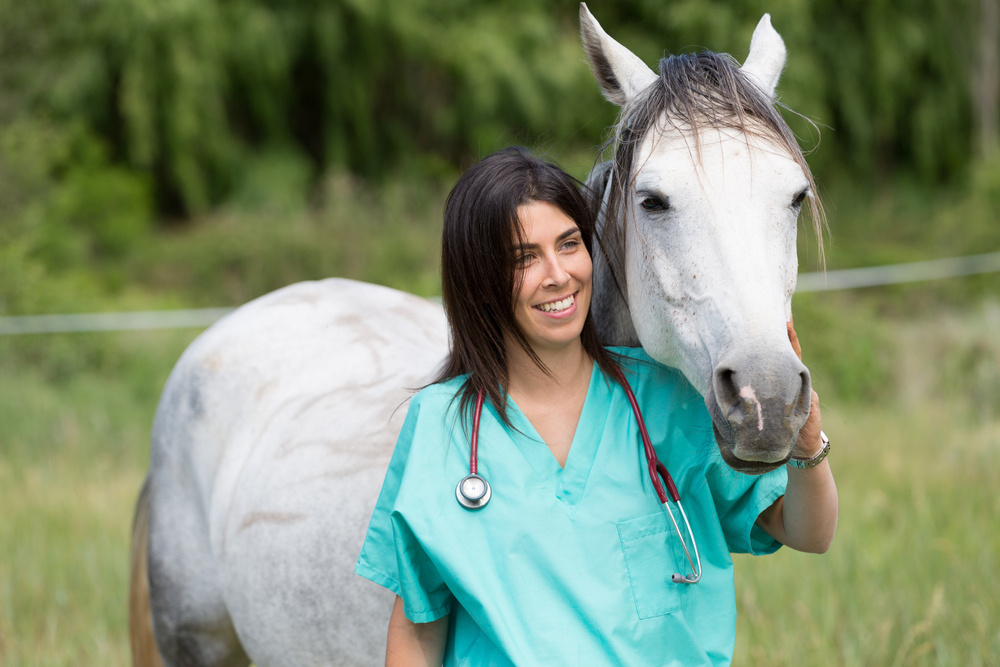
Allergy Treatment for Horses
To successfully treat IBH and/or atopy in horses, a multimodal approach is often required. This includes environmental control, topical control, systemic treatment and allergen-specific immunotherapy. The best treatment is environmental control to avoid or reduce allergen exposure. Although this is often impractical, there are specific recommendations depending on the responsible allergens.
Immunotherapy
Allergen-specific immunotherapy works by administering repeated doses of allergens, thereby stimulating an immune response which leads to the build-up of immunological tolerance. It is the only treatment that alters the course of allergic disease while also controlling the symptoms and preventing progression of the allergy.
Allergen-specific immunotherapy is a safe and effective long-term treatment which has been used successfully for IBH, atopy, urticaria and allergen-induced RAO. It may also be considered for treating allergy-induced head shaking and laminitis. Success rates ranges from 60% to 84%. Improvements may be seen in as little as 2 months, but the treatment should be evaluated for efficacy over a minimum of a 12 months.
Topicals and other medications
Ectoparasitic sprays, bath oils and lotions can be used for topical control. Regular grooming and bathing help to remove allergens from the skin. Using cool bathing water rehydrates the skin, improves the epidermal barrier, and promotes vasoconstriction which decreases delivery of mediators to the skin. Shampoos should be selected according to the skin condition.
Antihistamines, corticosteroids, tricyclic antidepressants, or a combination of these, can be effective for controlling pruritus and urticaria. However, systemic treatments carry risks of undesirable adverse effects such as laminitis. There are also limitations on their usage in competition sports.
